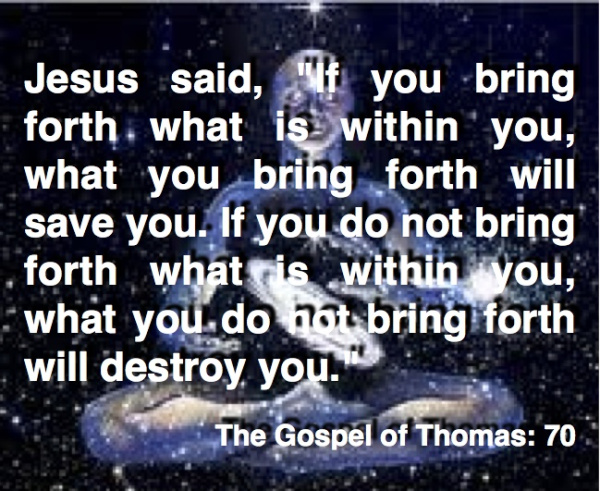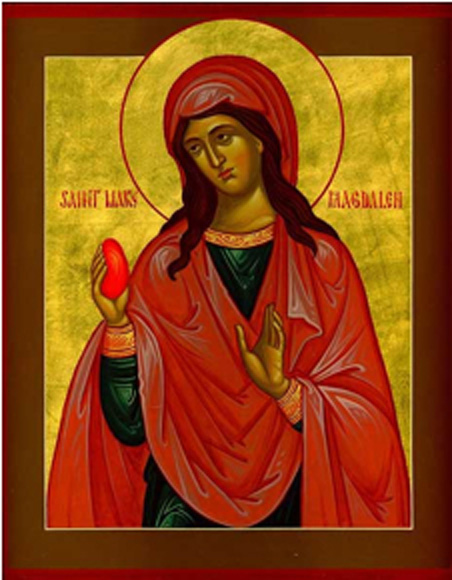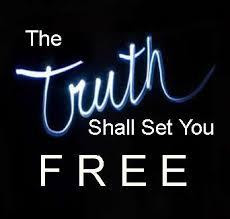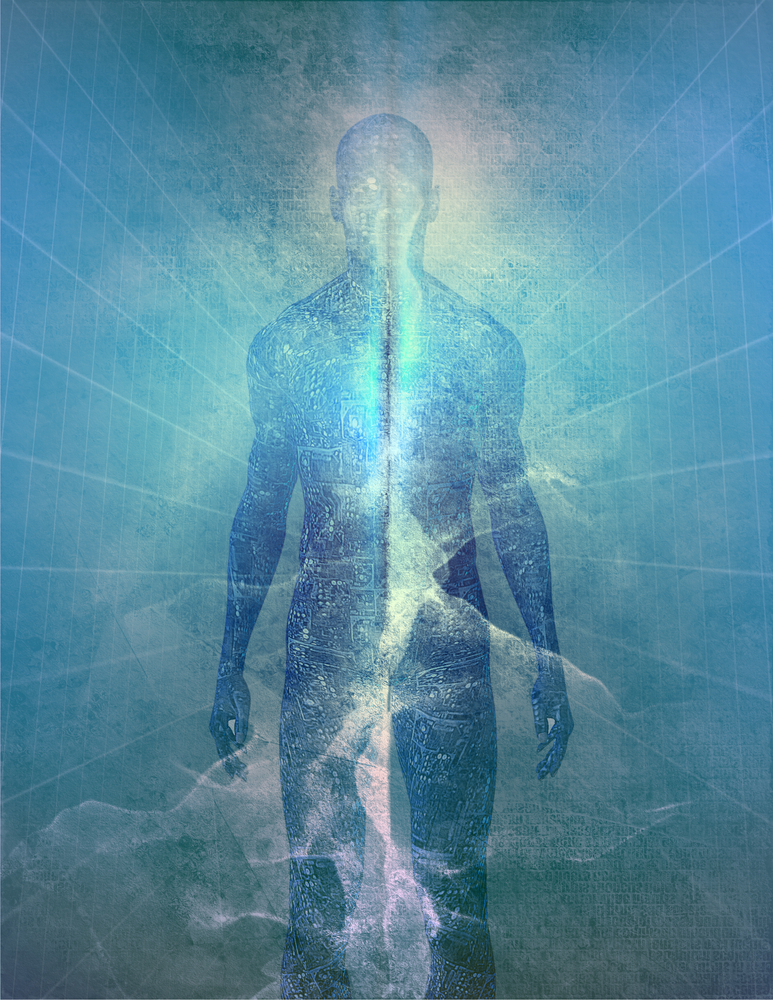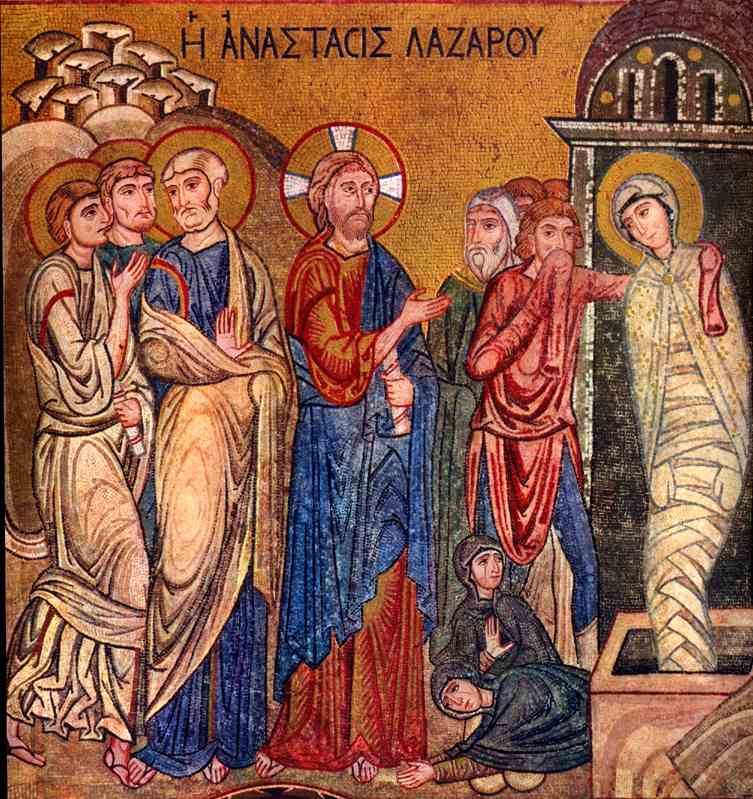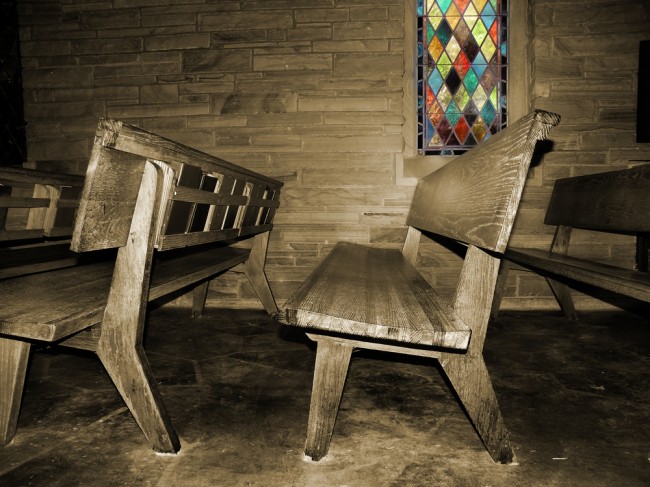A sermon preached on the Second Sunday after Christmas – the readings for this sermon include: John 1:1-9, The Gospel of Thomas 70; Matthew 2:1-12.
Mary Magdalene was the first person, male or female, to witness the empty tomb…the first to see angels who reported the resurrection…the
Homecoming after a splendid summer respite. Readings Proverbs 1:20-23; Ephesians 4:11-13 and John 8:30-32. I am indebted to Peter Rollins for his excellent insights into the need for church to be a place where we consult our suffering.
Jesus wants his disciples to know that their betrayal, their breach of covenant loyalty, did not dissolve the covenant, did not result in their rejection. They are loved and accepted. This is where we all have to start or, perhaps, come back to – that we are accepted in spite of all our failures and betrayals, that we are accepted even though we do not deserve to be accepted. But to claim acceptance for ourselves means that we have to claim acceptance for everyone else. God’s gift of peace is not just for our group, it’s for the cosmos, and we who have heard that word and accepted it, are called by God to spread that word
Community Christian Church of Springfield
The miracles in the New Testament are called "signs." They are metaphors for the Kingdom. In John 5, Jesus heals a man who has been looking at his source of healing, a pool that this sermon titles "the hospital" but the rules are such that he cannot get in to be healed. Jesus breaks through that injustice to bring healing to the one who needs it the most, without an insurance card, without proof of employment or citizenship. And that is what the faith community is called to do: to break the rules that bar the sick from health care, that favors banks over homeowners and corporate profits over the interests of those who need air and water that has not been polluted.
The Gift of Mortality
Avowed atheist Susan Jacoby recently created a dust up with a recent article in the New York Times Sunday Review entitled, “The Blessings of Atheism.” She wrote in response to all the god-talk that appeared in the immediate aftermath of the Newtown massacre; with all those unanswerable questions or inadequate answers to human suffering and death so often peddled in popular religious belief. So too, not long ago author and “non-believer,” Christopher Hitchen’s posthumously published his little book Mortality; recounting his rambling thoughts on his own imminent demise; after a terminal diagnosis left him a sufficient number of days to find himself “deported from the country of the well across the stark frontier that marks off the land of malady.” But what, or where to, after that? What if this really is all there is? It seems there has always been the human hankering to imagine all kinds of fanciful notions, in our attempts to recapitulate our mortal existence into something more than it is. Many religious traditions, including centuries of “mainline” orthodox Christianity, employ great mythic stories to describe a life subsumed into something greater than we can either know, or grasp, except by “faith.” Heaven knows, some folks try to better themselves, merely in the hope of a remote possibility there something more, after our death, which is a certainty. But in the end, is it all dust and ashes? And is that OK? This is the liturgical time of year when many in the Christian tradition undergo a seasonal pilgrimage in which the faithful are reminded at the onset we mortals are nothing more than dust. And so we will one day return to that from whence we came. Then the traditional forty days end with the perennial re-enactment of a passion play commemorating the mortal demise of the one whom Christians even these many centuries later would profess to follow. Many do so in the hope of some kind of immortality for themselves in some indecipherable form or other; attributing to Jesus a “resurrection” that means the same thing to them as god-like immortality; while others of us may find such imaginings to be not only reasonably implausible, but of less importance than what we take to be of greater significance and meaning in this faith tradition. Otherwise, the vainglorious hope of immortality can become so enshrouded in our mortal fears that we become – like Lazarus in his early grave – so wrapped up in death that we fail to truly acknowledge and appreciate the gift of our mortality for what it is; nothing more, nor less. With the certain assurance then that we are but dust and ash, we can ask ourselves if the gift of our mortality is not only enough, but more than enough? And if so, as the psalmist says, how then shall we “number our days, that we may apply our hearts to wisdom?” (Psalm 90:12)
I simply do not believe that at this point in time the distinctiveness of our different churches is more important than the values and common understandings of Scripture that unite us.

